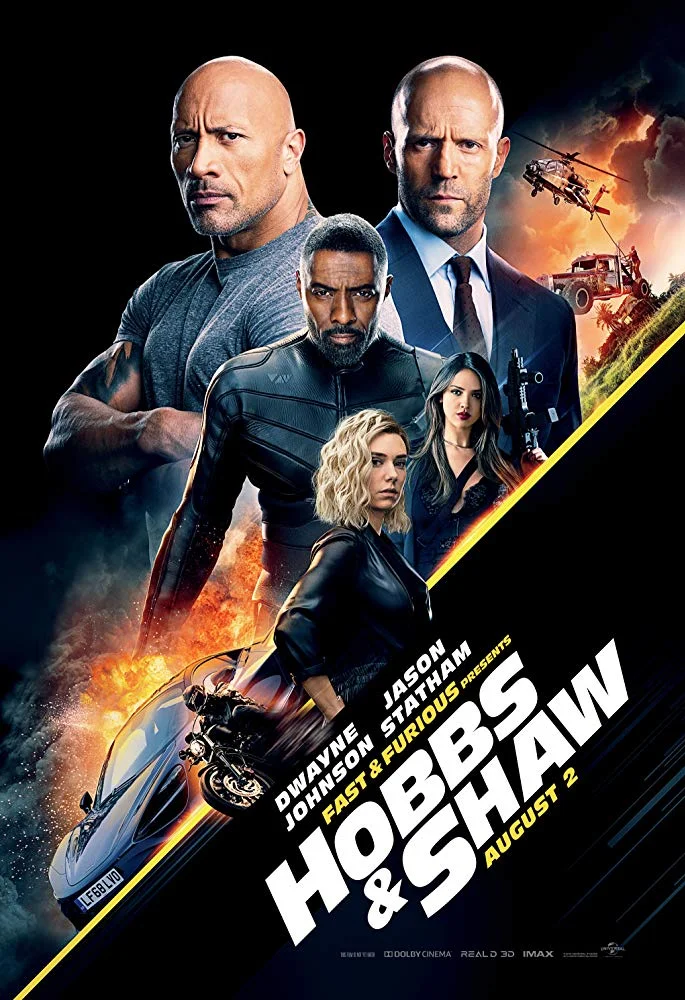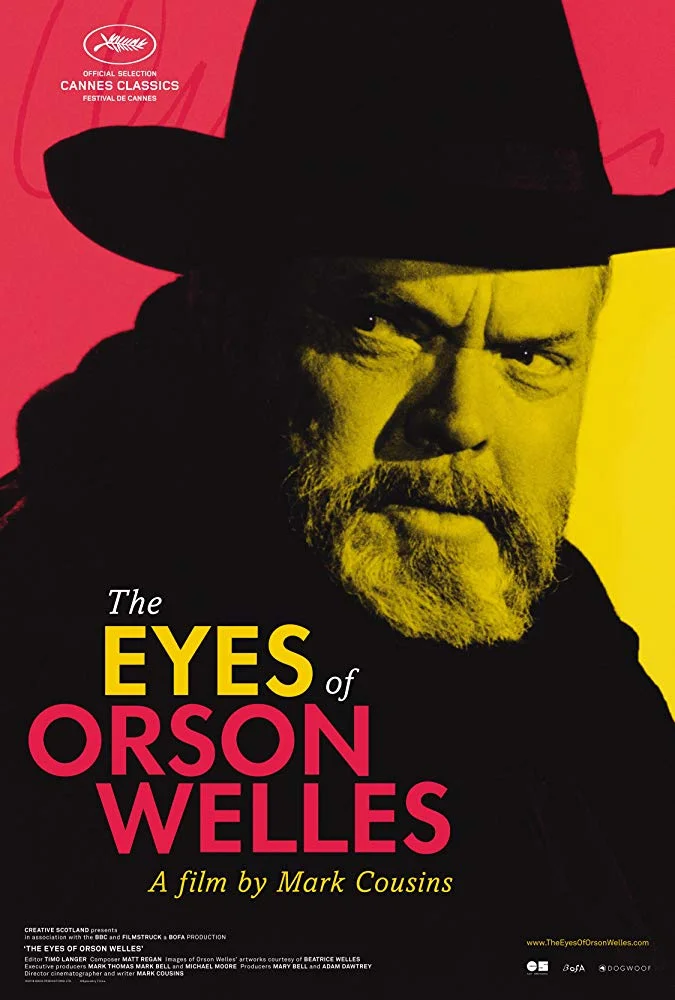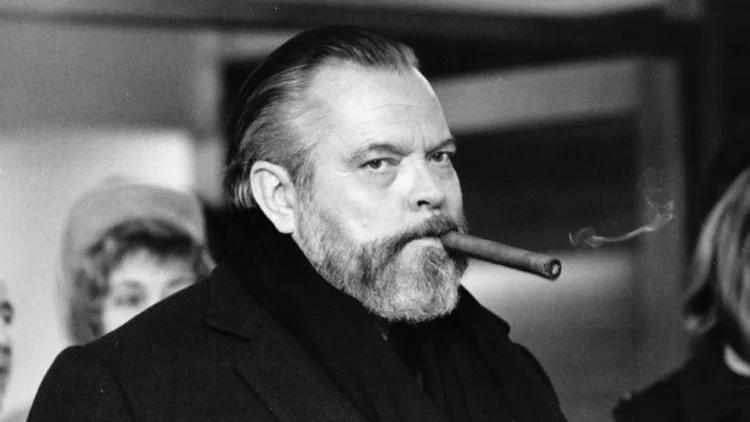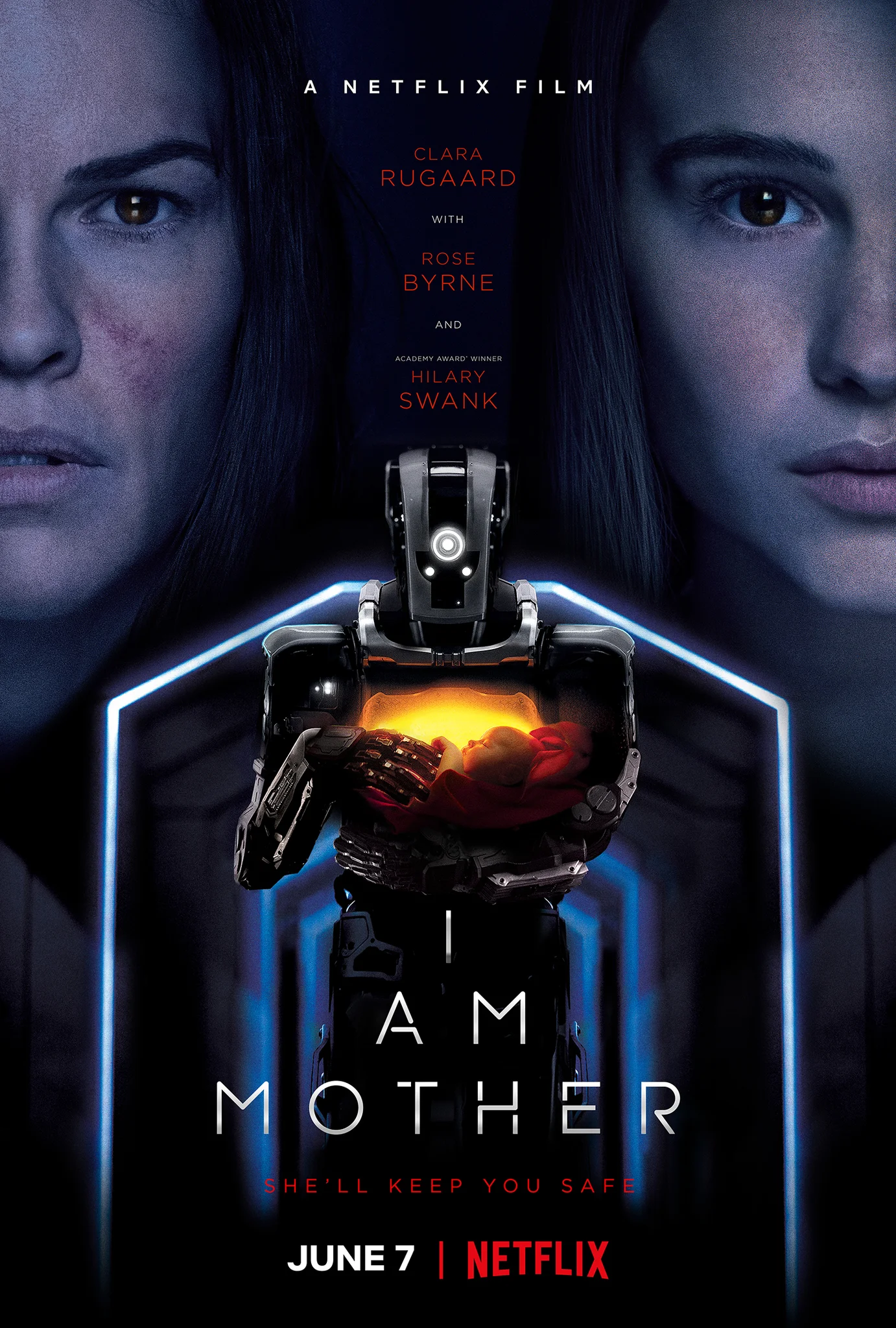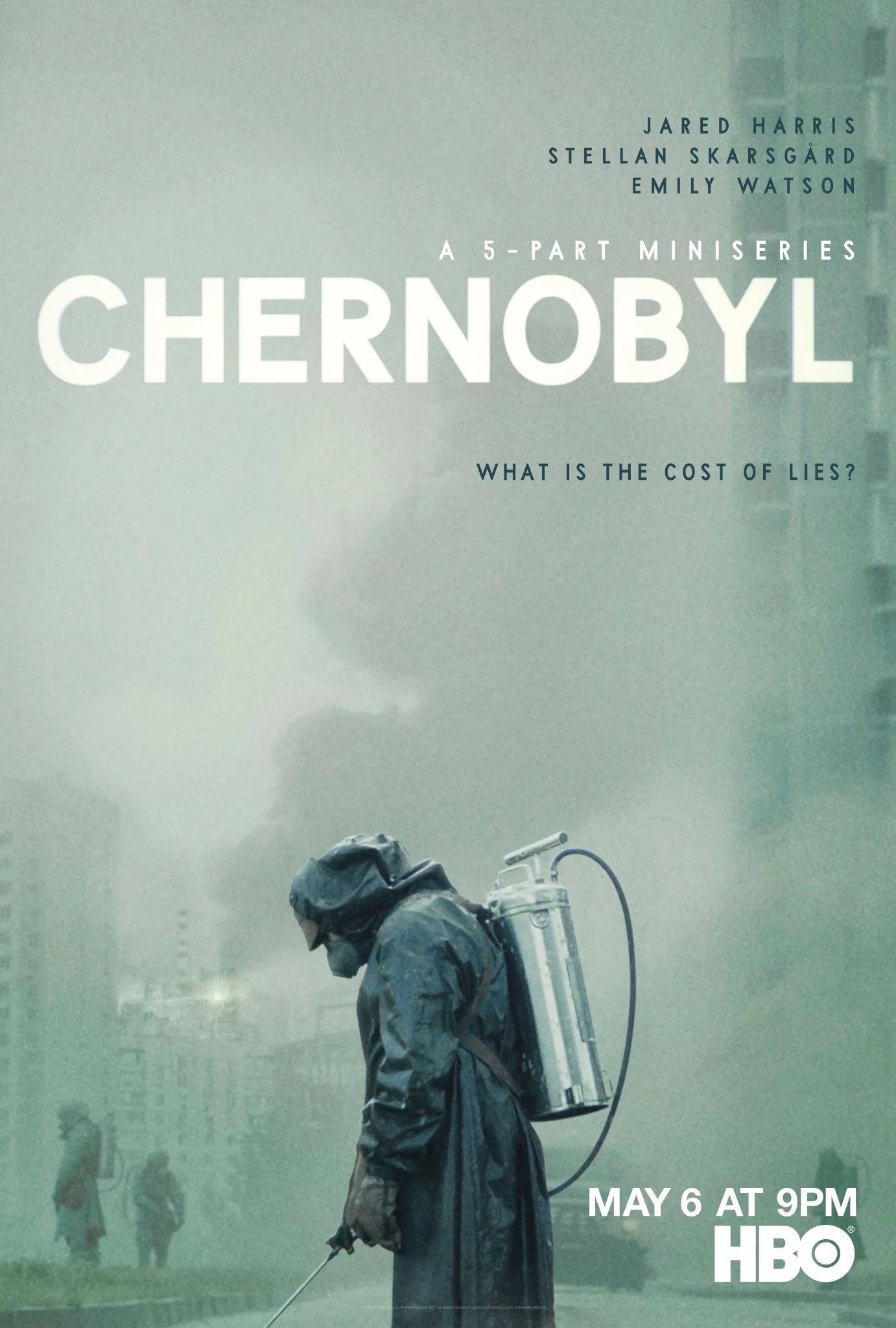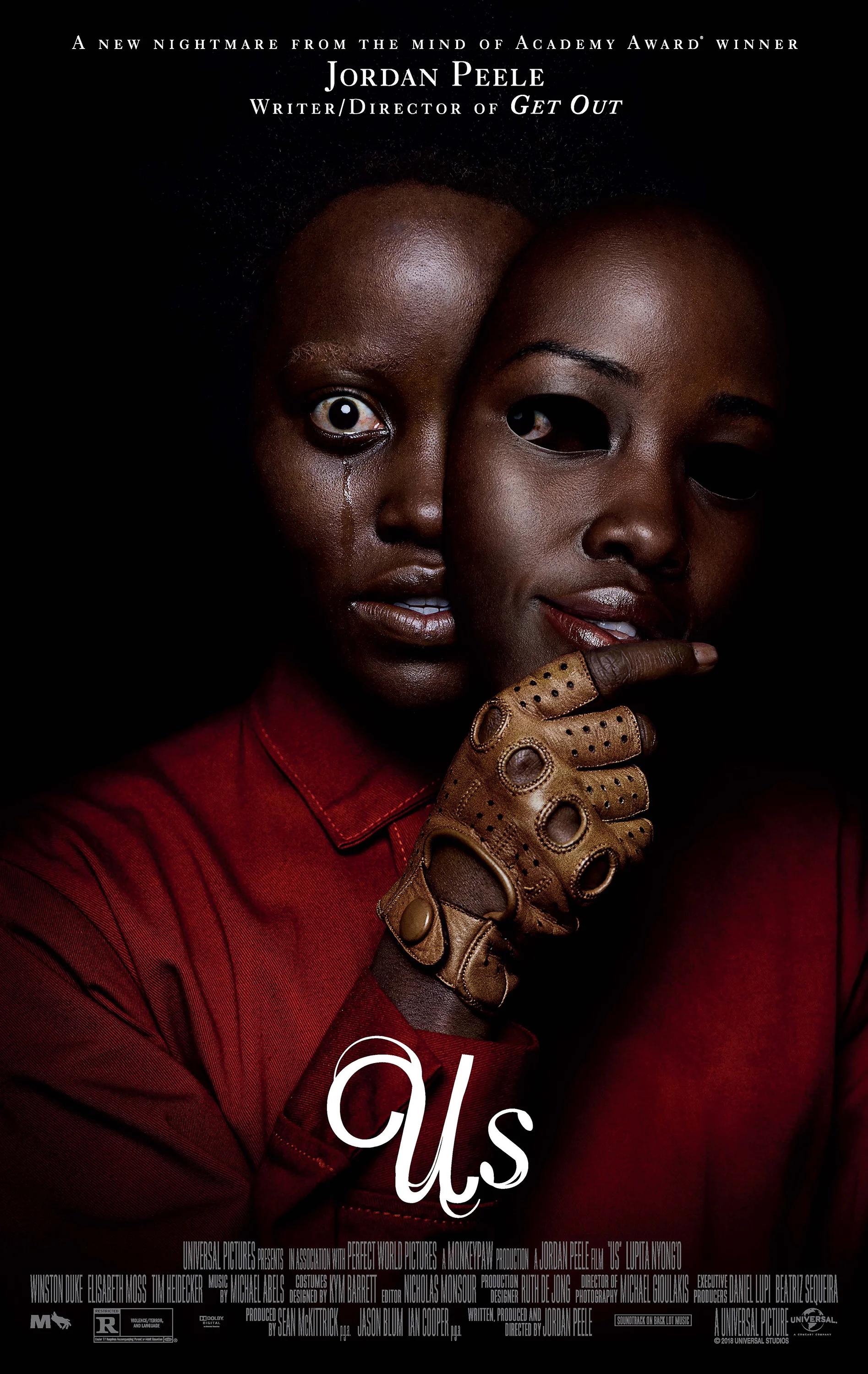Survival dramas are at their best when the protagonist is smart about their choices, pre-empting possible dangers and demonstrably resourceful in the face of them. This storytelling tenet is on full display in filmmaker Joe Penna’s debut drama.
As the film opens, we find plane crash survivor Overgård (Mads Mikkelsen) stranded in the icy tundra and some weeks into his ordeal. A massive S.O.S sign carved deep into the snow, he tends to fishing-lines dangling through ice holes and places the fish he’s caught into a storage chest buried in the snow. Having already established the bare necessities, Overgård spends his days hand cranking a dynamo that powers a transmitter, hoping like hell for a rescue.
Through a series of events, Overgård witnesses a helicopter crashing nearby in high winds. When he reaches the wreckage, he finds a sole survivor: a woman (Maria Thelma Smáradôttir) who he pulls from the wreckage unconscious, but alive. Overgård tends to her wounds, then sets about examining maps from the downed helicopter to find the nearest base or place of rescue.
Revitalised with a sense of purpose and determination, Overgård lashes the wounded woman to a rescue toboggin, wraps her for the cold, then sets out into the white, towing her barely conscious body on an epic walk across the bitterly cold and windswept ice.
Virtually dialogue free, the dramatic heavy lifting is handled predominantly by Mads Mikkelsen’s weathered face. Pain, desperation, empathy, elation, sorrow; it’s all writ large within the lines of Mikkelsen’s hypnotic noggin.
Filmed in Iceland over 19 days, director Joe Penna and co-writer Ryan Morrison originally set the story on Mars, rewriting it for a real-world scenario after the success of Ridley Scott’s The Martian.
The simplification of the story and plotting frees the film, liberating it from laborious exposition. We know so little about Overgård, it serves to heighten the audience experience because we’re forced to fill in the gaps ourselves as to who we think this man is, based solely on his actions.
Mikkelsen has called the film’s production ’the hardest of his career’ and he stuns with an effortlessly magnetic performance. The quiet stoicism of the film, its lack of theatrics and showy set-pieces, set it apart from most films of this ilk, akin to a Robert Bresson film in its stark minimalism and use of purely visual cinematic storytelling.
Director Joe Penna was a YouTube viral sensation back in the early days of the video platform. In the years since, he’s channelled his internet fame into making short films. This transition to feature directing shows a confident and deft directorial style, that eschews short-changing the audience by taking dramatic shortcuts and instead favours F. Scott Fitzgerald’s adage that ‘character is plot’, focusing on the minutiae of survival and the humanity that can be found in desperation, wordlessly fleshing out characters through action and ordeal.
Captivating stuff.










